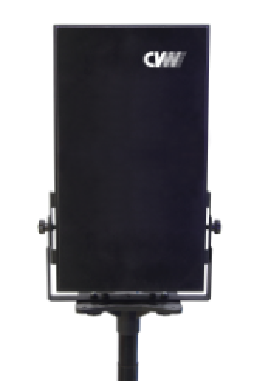The fields of Radio, Television, and Film (RTF) and Television have become increasingly popular career choices for individuals interested in the media and entertainment industry. These fields offer a wide range of opportunities for those who are passionate about storytelling, visual communication, and creative expression. However, gaining admission into a reputable RTF or Television program requires meeting certain application requirements. In this article, we will explore the application requirements for these fields and discuss why they are important.
1. Academic Qualifications: One of the primary requirements for admission into an RTF or Television program is a strong academic background. Most universities and colleges require applicants to have a high school diploma or equivalent. Additionally, they may require a minimum GPA (Grade Point Average) for consideration. The specific GPA requirement varies from institution to institution, but it is generally recommended to have a GPA of 3.0 or higher.
2. Standardized Tests: Many RTF and Television programs require applicants to submit standardized test scores, such as the SAT or ACT. These tests assess a student's knowledge and skills in areas such as reading, writing, and critical thinking. The scores provide admissions committees with a standardized measure to compare applicants from different educational backgrounds. While the specific score requirements vary, it is advisable to aim for scores that are above the average range of admitted students.
3. Personal Statement/Essay: A personal statement or essay is a crucial component of the application process. It allows applicants to showcase their writing skills, express their passion for the field, and explain why they are interested in pursuing a career in RTF or Television. The essay should be well-written, concise, and demonstrate a clear understanding of the industry. It is important to highlight any relevant experiences, such as internships, volunteer work, or personal projects that demonstrate a commitment to the field.
4. Letters of Recommendation: Letters of recommendation provide insight into an applicant's character, work ethic, and potential for success in the RTF or Television program. These letters are typically written by teachers, mentors, or employers who can speak to the applicant's abilities and potential. It is important to choose recommenders who know the applicant well and can provide specific examples of their skills and accomplishments. It is advisable to request letters of recommendation well in advance to give recommenders ample time to write thoughtful and detailed letters.
5. Portfolio/Work Samples: Many RTF and Television programs require applicants to submit a portfolio or work samples that showcase their creative abilities. This may include short films, documentaries, screenplays, photography, or any other relevant work. The portfolio should demonstrate technical skills, creativity, and a unique perspective. It is important to carefully curate the portfolio to showcase the applicant's best work and highlight their strengths.
6. Interviews/Auditions: Some RTF and Television programs may require applicants to participate in interviews or auditions as part of the application process. These interviews or auditions provide an opportunity for applicants to showcase their personality, communication skills, and creativity. It is important to prepare for these interviews or auditions by researching the program, practicing common interview questions, and being ready to discuss one's passion for the field.
In conclusion, the application requirements for Radio, Television, and Film and Television programs are designed to assess an applicant's academic qualifications, creativity, passion, and potential for success in the field. Meeting these requirements demonstrates a commitment to the craft and increases the chances of gaining admission into a reputable program. It is important for applicants to carefully review the specific requirements of each program they are interested in and to start preparing well in advance to ensure a strong application.

 Multi-camera wireless video transmission
Multi-camera wireless video transmission Zero Latency Wireless Video Transmission
Zero Latency Wireless Video Transmission
 Designed for teleoperating the heavy equipment
Designed for teleoperating the heavy equipment Wireless high-speed data transmission
Wireless high-speed data transmission

